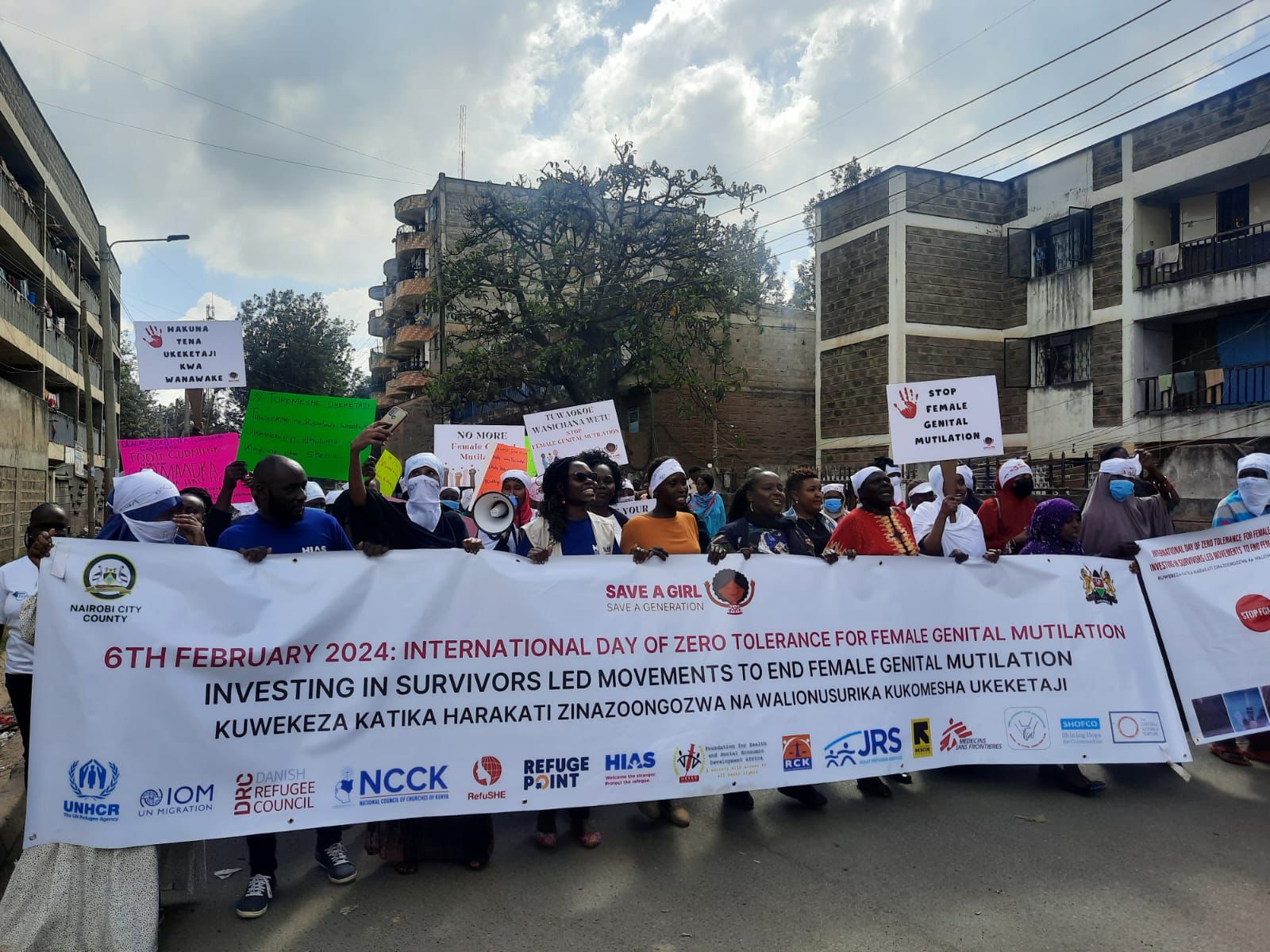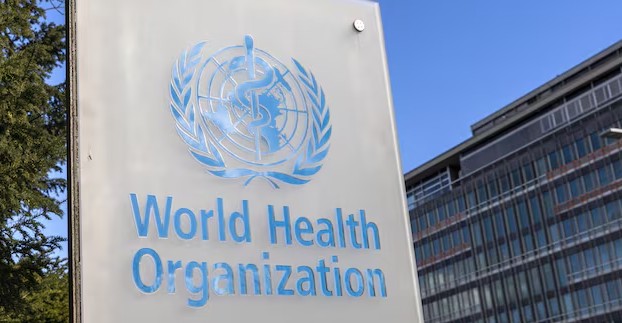State urged to launch three-year campaign to end FGM

She also urged the government to outline measures to sustain the progress achieved through the campaign beyond 2022.
The government was urged to launch a new three-year campaign to eradicate Female Genital Mutilation (FGM) in specific regions across the country.
Nominated Member of Parliament, Irene Mayaka, has voiced concerns over the persistence of FGM in certain areas despite previous eradication efforts.
More To Read
- Maasai community leads change as elders endorse fight against FGM and early marriage
- Stakeholders warn of increased FGM cases in Wajir during long school holiday
- Gender CS Cheptumo calls for collective action against teenage pregnancies
- From silence to strength: The Kenyan women ending FGM and early marriages
- Nowhere to run: How girls escaping harm still find themselves in unsafe spaces
- Male circumcision is made easier by a clever South African invention - we trained healthcare workers to use it
Mayaka emphasized the necessity of extending the campaign to ensure the complete prohibition and eradication of all forms of FGM nationwide.
"The Ministry of Public Service, Gender, and Affirmative Action has made significant strides in eradicating FGM. However, there are still areas practicing FGM. Therefore, we need to extend the campaign to ensure total prohibition and eradication of all forms of FGM in the country," stated Mayaka.
Additionally, Mayaka called for a status report from the Departmental Committee on Social Protection regarding the progress of the FGM eradication campaign by 2022.
She also urged the government to outline measures to sustain the progress achieved through the campaign beyond 2022.
The last FGM campaign was launched in November 2019, following a commitment from former President Uhuru Kenyatta to end the practice by 2022.
Mayaka emphasized the importance of the government, highlighting achievements made towards eradicating FGM and inquired about the programs initiated to sensitize affected communities on the negative effects of FGM.
Despite the outlawing of FGM in 2001, the practice persists in some communities due to traditional and social norms.
According to the Kenya Demographic Health Survey 2022, FGM prevalence has declined significantly from 38 per cent in 1998 to 15 per cent in 2022.
However, 15 per cent of women aged 15–49 in Kenya have undergone circumcision, with type II being the most common form of FGM.
Somalia remains among the African countries with the highest prevalence of FGM, with approximately 98 per cent of women and girls aged between 15 to 49 years undergoing the procedure.
Top Stories Today


















































